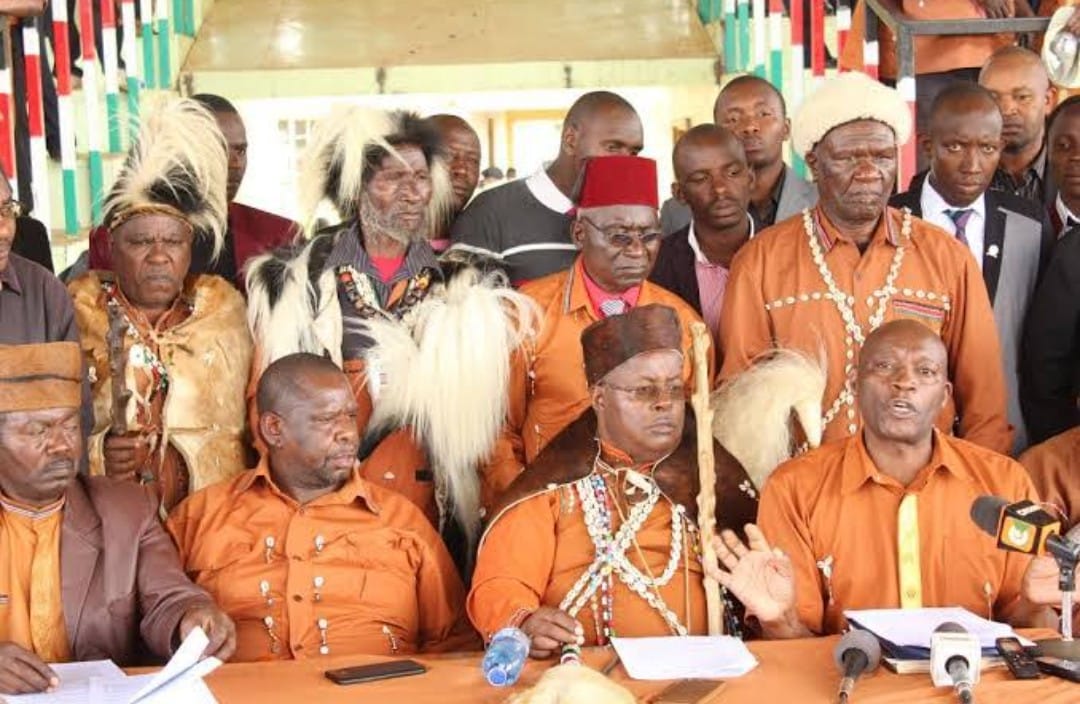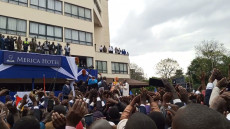- Blaming external competition obscures the real problem: internal divisions and structural flaws within GEMA. Mount Kenya East, comprising the Embu, Meru, and Kirinyaga communities, has long been treated as a junior partner despite its significant voter base of 2.3 million.
A storm is brewing within the GEMA (Gikuyu, Embu, Meru Association) community—a palpable restlessness and discontent. This agitation could escalate into a full-blown fracture, as deep-seated frustrations among its faction’s boil to the surface.
At the heart of the issue is a historical privilege that has outlived its relevance. For decades, the Kikuyu dominated the business and political landscapes, benefiting from systemic favoritism rooted in colonial policies like the 1923 Devonshire White Paper. This document granted the Kikuyu privileges denied to other communities, allowing them to cultivate lucrative cash crops such as coffee and tea while restricting others. This dynamic bred arrogance and entitlement, sustaining Kikuyu dominance for generations.
Today, this privilege is crumbling. The Somali community, once granted control over Eastleigh—a neglected swamp—has transformed it into a thriving economic hub. In stark contrast, Kikuyu-managed areas like River Road and Tom Mboya Street remain stagnant.
While Somalis innovate and grow, some Kikuyu cling to outdated economic practices, breeding jealousy and misplaced anger. But is it truly a national crisis that others succeed where the Kikuyu falter?
Blaming external competition obscures the real problem: internal divisions and structural flaws within GEMA. Mount Kenya East, comprising the Embu, Meru, and Kirinyaga communities, has long been treated as a junior partner despite its significant voter base of 2.3 million.
Similarly, the Rift Valley Kikuyu, with 1.8 million voters, often bear the brunt of political conflicts initiated by their mountain counterparts. Both groups are questioning why they should align with a rebellion that seems to serve only a segment of GEMA’s interests.
Another major fault line involves Raila Odinga. Historically, Raila has been a polarizing figure among the Kikuyu, representing political rivalry and division. Yet his alliances with both Uhuru Kenyatta and William Ruto have exposed fractures within GEMA.
The Kikuyu’s disdain for Raila highlights internal inconsistencies: they criticize him as an enemy when convenient, yet their communities have often benefited from his partnerships.
The broader question is what this unraveling of Kikuyu privilege means for the nation. For marginalized groups, such as the Somali, Luo, and others who never enjoyed colonial favoritism, the decline of GEMA’s dominance is a form of equalization. Leaders like Raila and Ruto embody this shift, challenging the Kikuyu monopoly on power and fostering a more inclusive political and economic landscape.
The Kikuyu’s failure to adapt is akin to a frog in boiling water, oblivious to the rising temperature. As GEMA fragments under the weight of its contradictions, it is clear that the privileges once enjoyed by a select few are no longer sustainable.
The challenge now is whether the Kikuyu community can embrace change and collaborate in a more equitable national framework—or whether they will cling to a past that no longer serves them or the country.







-1767174925-md.jpg)




